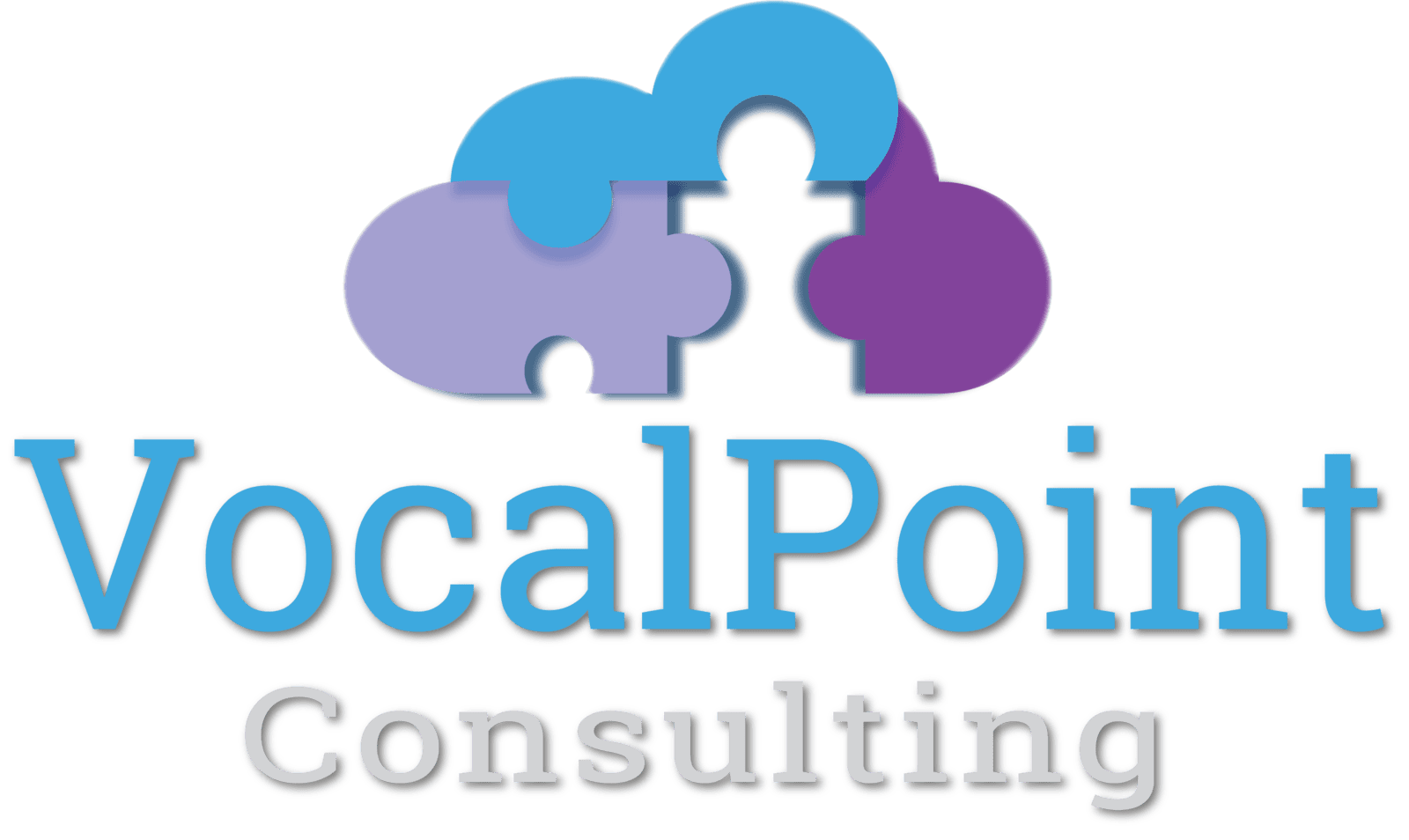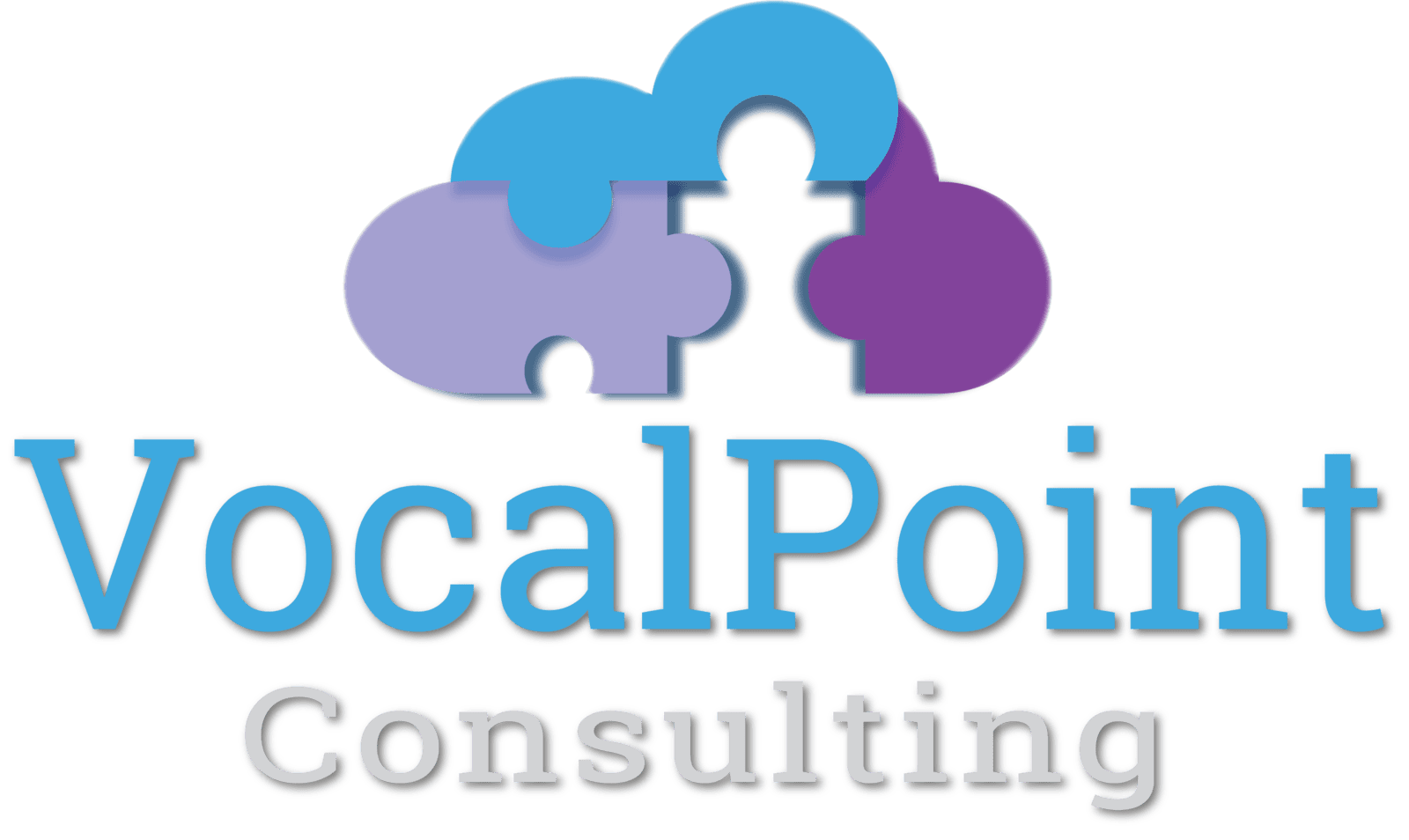
In today’s competitive business world, embracing emerging technologies can help differentiate your company from the competition. Artificial intelligence (AI) has been making waves for several years, but organizations are just beginning to tap the power of this technology. AI actually has the ability to enhance VoIP for business, creating higher quality experiences for employees and customers alike. If you are wondering how you can utilize AI to improve your VoIP systems, here’s a look at its capabilities.
Using AI to Enhance VoIP for Business
When it comes to VoIP for business, AI has the ability to significantly improve the customer service experience while simultaneously enhancing productivity. AI can assess calls in progress to detect voice patterns that may indicate the mood of the caller. Then, the system can route calls to employees who are best-equipped to handle that customer in their current state, including bypassing Tier 1 agents and going straight to a supervisor in cases where a caller is deemed potentially hostile. Similarly, if an AI detects that the tone of a call is shifting in a negative direction, the system can alert a supervisor. Thanks to VoIP technology, the supervisor can then listen to the call silently, deciding whether intervention is necessary, or conference in quickly to diffuse escalating situations. Additionally, an AI solution can eliminate the need for employees to perform certain routine tasks. For instance, AI can be programmed to pull up customer files on the employee’s screen when a call is routed to their workstation. It can even focus on the most relevant details, like displaying a billing history if the customer has a payment-related question or purchase history when they have a question about a product they bought. As a result, call times can be shortened, and customers do not have to wait on hold while records are retrieved. AI can also assist with the operational end. By analyzing VoIP call volumes, the technology can help optimize work hours and schedules, ensuring the right number of employees are available at the proper times. Further, an AI can construct workflow summaries and even make recommendations for improvements based on call patterns. For instance, if it detects that hold times are significantly higher for a specific call category, it can recommend adjustments to reduce call times or restructure schedules to help overburdened departments.
Implementing AI VoIP Solutions
If you want to explore the power of AI as it relates to VoIP, you’ll need a robust VoIP strategy that addresses the integration and implementation of AI technology as well as the proper tools. While AI services in VoIP solutions are fairly new, providers have begun to make some of these features available. However, not all VoIP systems are ready to take advantage of AI features, so you may need to review your current solution to determine if it can meet your future needs or if a change is in order.
 In today’s competitive business world, embracing emerging technologies can help differentiate your company from the competition. Artificial intelligence (AI) has been making waves for several years, but organizations are just beginning to tap the power of this technology. AI actually has the ability to enhance VoIP for business, creating higher quality experiences for employees and customers alike. If you are wondering how you can utilize AI to improve your VoIP systems, here’s a look at its capabilities.
In today’s competitive business world, embracing emerging technologies can help differentiate your company from the competition. Artificial intelligence (AI) has been making waves for several years, but organizations are just beginning to tap the power of this technology. AI actually has the ability to enhance VoIP for business, creating higher quality experiences for employees and customers alike. If you are wondering how you can utilize AI to improve your VoIP systems, here’s a look at its capabilities.  In today’s competitive business world, embracing emerging technologies can help differentiate your company from the competition. Artificial intelligence (AI) has been making waves for several years, but organizations are just beginning to tap the power of this technology. AI actually has the ability to enhance VoIP for business, creating higher quality experiences for employees and customers alike. If you are wondering how you can utilize AI to improve your VoIP systems, here’s a look at its capabilities.
In today’s competitive business world, embracing emerging technologies can help differentiate your company from the competition. Artificial intelligence (AI) has been making waves for several years, but organizations are just beginning to tap the power of this technology. AI actually has the ability to enhance VoIP for business, creating higher quality experiences for employees and customers alike. If you are wondering how you can utilize AI to improve your VoIP systems, here’s a look at its capabilities. 
